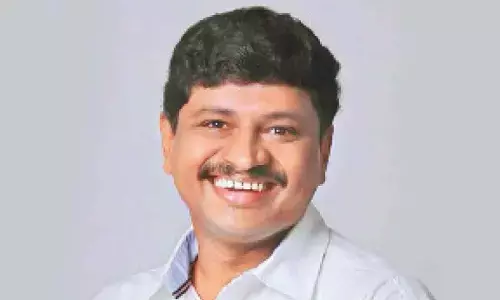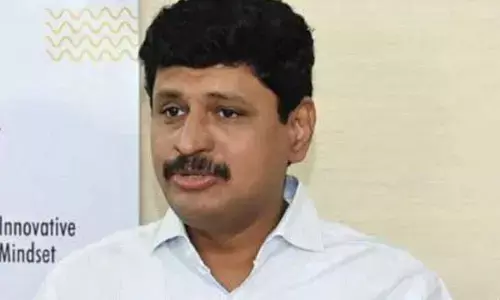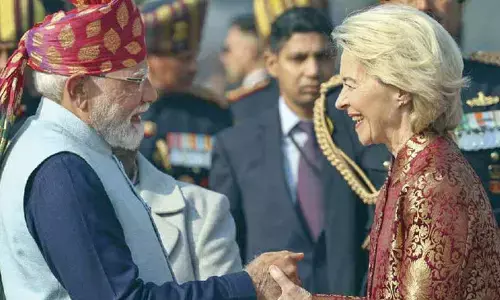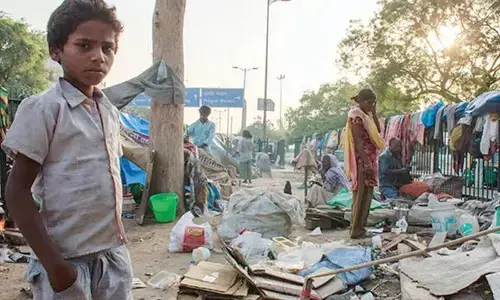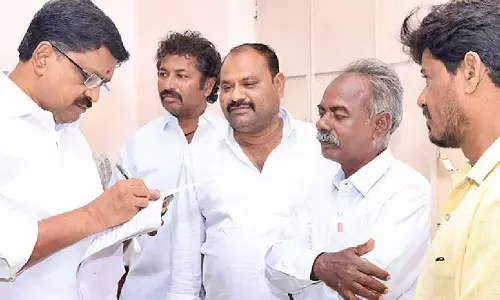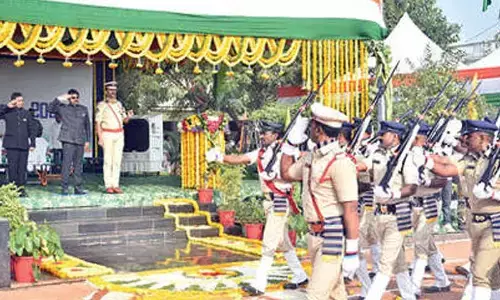Public services suffer when local bodies are cash starved
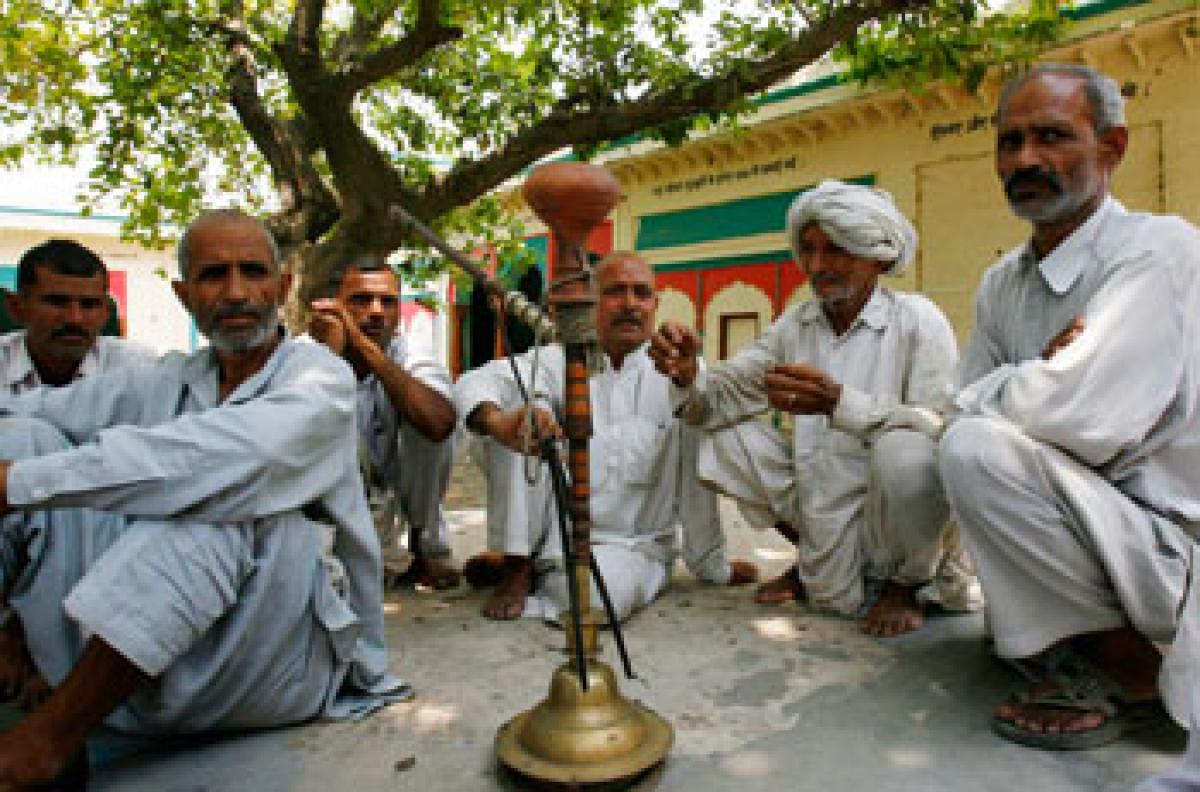
Between 2010 and 2015, funding shortfalls to local governments nationwide - rural and urban - were as high as half the sanctioned amount and annual payments fluctuated extensively, with variations peaking in the slowdown years 2011 and 2012, according to a new paper.
Between 2010 and 2015, funding shortfalls to local governments nationwide - rural and urban - were as high as half the sanctioned amount and annual payments fluctuated extensively, with variations peaking in the slowdown years 2011 and 2012, according to a new paper.
Central government grants are a financial lifeline for Panchayati raj - or village level - institutions and urban local bodies, entrusted with essential sanitation and public health services in rural and urban India. The failure to get the money due to them is large because they did not fulfil funding conditions: holding elections, handling money and filing paperwork.
Local bodies are the nodes to translate sustainable development goals into reality, said the paper, Preserving the Incentive Properties of Statutory Grants by Indira Rajaraman, a member of the 13th Finance Commission, and Manish Gupta, deputy director of the commission, published in the Economic & Political Weekly.
India has a lot of ground to cover in achieving sustainable development goals, the data reveal. Consider water and sanitation:
* Barely 30.80 percent of rural households get tap water; 70.60 percent of urban households do, according to the 2011 census.
* Only six percent of rural India and 44 percent in urban India are connected to a closed drainage system, according to the 2011 census.
* In urban India alone, no more than 30 percent of sewage generated by 377 million people flows through treatment plants, IndiaSpend has reported.
When local bodies fall short of funds or are uncertain about steady income, public services suffer.
Administrative skills fall short, contribute to the money shortfall
The 13th Finance Commission designed local body grants for 2010 to 2015 as part unconditional - about two-thirds of the grant - and part performance-based.
All that states had to do to receive their basic grant was to hold local body elections since the money can only be given during their term of office, and transfer previous dues to local bodies within five days of receiving them from the Centre.
Still, basic fund release to rural and urban local bodies across India fell short by six percent over the five-year term. The average shortfall for 2011 and 2012 alone touched 13.75 percent, more than double the five-year average.
Local bodies in only a handful of states received full basic grants over the five years. Local bodies in eight states that held elections received no basic grants for one or more years, which means they failed to confirm that they had handed over funds from previous terms, the second requirement for disbursement.
“Such administrative inability at the state level is a concern because the procedure was hardly complicated,” said Rajaraman.
Some states appear to lack administrative capacity to deal with the Centre’s bureaucracy.
“Even when you meet the criteria, you need some skill to get funds released,” said Rajaraman. “Of the five states which managed to obtain both rural and urban grants in full for each of the five years: Haryana, Karnataka, Odisha, Rajasthan and Tamil Nadu, Haryana and Rajasthan have the advantage of geographic proximity to the Centre, which makes it easier to follow up with babus. Tamil Nadu is known to have above average liaison skills.”
Failure to disburse local body grants is Central failure as much as of states
The 12th Finance Commission permitted panchayats to use grants for local needs, subject to conditions. For instance, funds could be used to improve water supply and sanitation provided users paid for at least half the recurring cost.
The 13th Finance Commission decided to loosen such specific conditions and strengthen general accountability.
“Local bodies clamoured for some leeway to match resources to local needs,” said Rajaraman. “Yet, with a few exceptions, they were poor in record-keeping. So, we designed the performance-based component of local body grants, the second component.”
To qualify for performance grants, states were given a year to ensure local bodies kept audited books of accounts and appointed a local ombudsman for complaints. It may not have been enough time.
Over the five years, a quarter of performance grants were not released, increasing to 35.8 percent and 46.2 percent in the two economically troubled years. Six states did not qualify for the rural performance grant in any year and 11 did not qualify for the urban grant.
Lapses occurred at the Centre as well. Stopping payments to non-performing states was a violation of the terms of the 13th Finance Commission, which had said that half the money set aside for non-performing states would be divided among all states - performing as well as non-performing.
By Charu Bahri
(In an arrangement with IndiaSpend.org, a data-driven, non-profit, public interest journalism platform. Charu Bahri is a freelance writer and editor based in Mount Abu, Rajasthan. The views expressed are those of IndiaSpend. Bahri can be reached out at [email protected])


